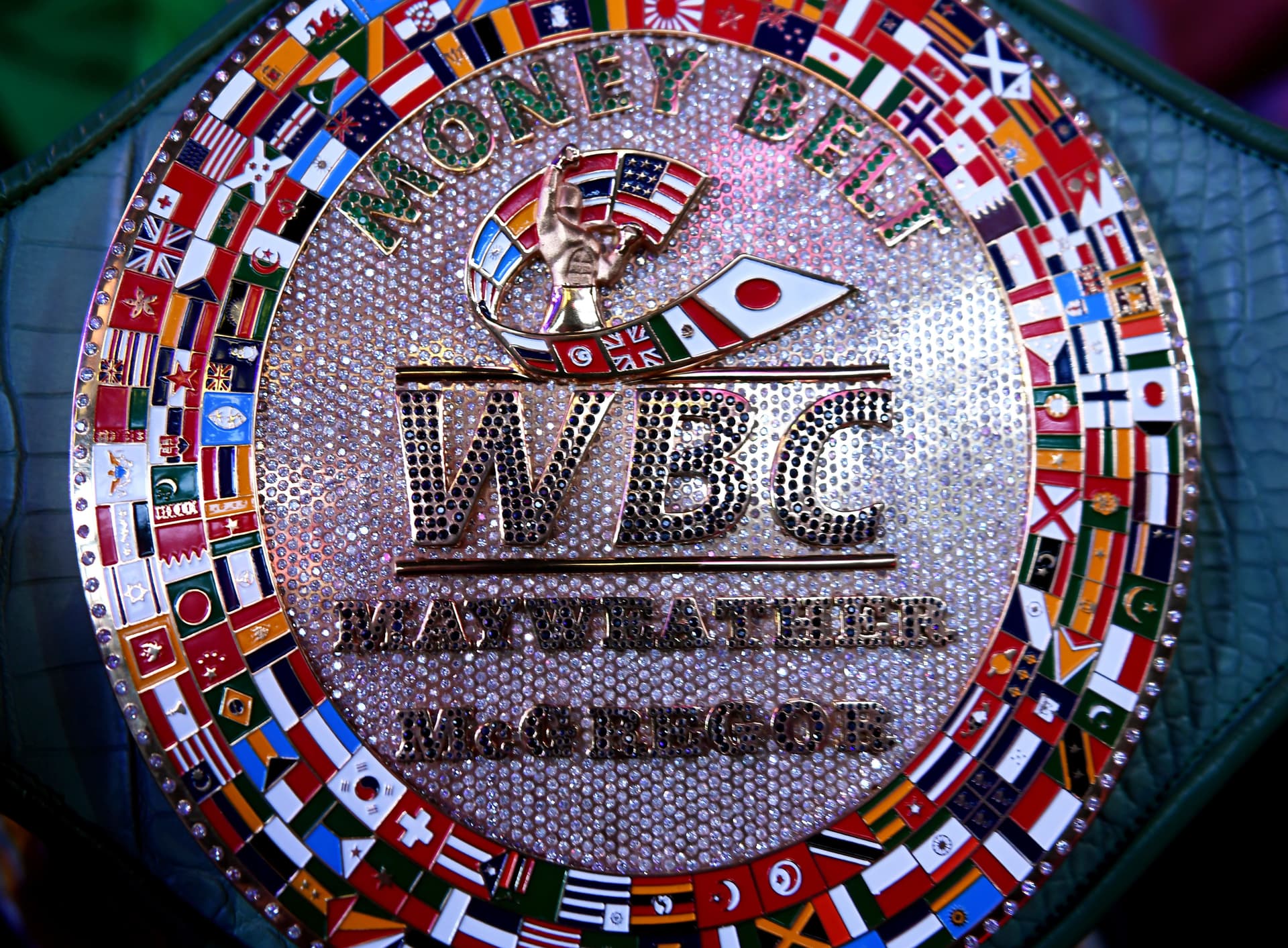Boxing
From Jabs to Judges: How Boxing Scores Work
Boxing results can vary greatly, but who scores the contests and how? Find out here.

Image Credits: Stephen McCarthy/Sportsfile via Getty Images
How are boxing fights scored?
Results of boxing fights can often be the most controversial of any sport, and the most complicated too!
The biggest robberies in boxing are remembered just as much as some of the biggest victories are, such as Lennox Lewis when he was cheated out of a win against Evander Holyfield in America in 1999. One of the judges was brought in front of a federal grand jury for her biased scorecard and never worked another day in boxing ever again.
A dodgy refereeing decision can also have a similar impact. When George Groves challenged Carl Froch in 2013 in Manchester, most were put off the Londoner due to his pre-fight antics and disrespect shown towards the unified super-middleweight champion from Nottingham, but that all changed after the fight.
The young challenger charged out from his corner to score a knockdown in the first round, then raced to an early lead on the scorecards, until the ninth round when Groves stumbled slightly under pressure and referee Howard Foster instantly jumped in to stop the fight, seemingly prematurely, causing an angry reaction from Groves and drawing boos from the crowd.
This controversial decision saw the fighters switch roles, with Groves becoming the public hero and Froch the pantomime villain, and the robbery caught the public’s attention so much that the rematch was held at Wembley Stadium, which kickstarted the trend for stadium fights in the UK thereafter.
But the officials are only human and can’t get it right every time, and it’s also not an easy gig, there is a lot to consider when scoring fights, whether that’s the referee of the ringside judge.
Below is a guide to all the different ways boxing matches are scored.
Referees
For smaller bouts without titles, the scores are appointed by the officiating referee in the ring. For example, a four-round or six-round non-title fight will be scored on a 10-point system.
If the referee deems one boxer to have won all four rounds, the score will be awarded to them at 40-36, so winning the round awards 10 points and losing is 9.
If there’s knockdown, then the round is scored 10-8. If a boxer scores a knockdown in every round of a four-round contest, then the scores would read 40-32. A 10-8 score can also be awarded without a knockdown if the official feels that the round was that one-sided.
Every time there’s an additional knockdown the score for the losing fighter goes down from 10-8 for one knockdown to 10-7 for two knockdowns and so on.
If both boxers score a knockdown in the same round, then it just cancels each one out, so the ref will score the round 10-9 to whomever they feel won the round. Some would question why it wouldn’t be marked down, such as 9-9 or 9-8, but this is why it’s called a 10-point must system because one fighter has to be awarded 10 points.
If the boxers cannot be split, then a 10-10 even score can be awarded. However, this is discouraged widely because it can be very easy to sit on the fence, so officials are encouraged to score the round to one fighter.
Judges
A three-judge system is used for scoring major championship bouts.
Some championship contests, which are more minor, can be judged by the officiating referee, like in an Area title fight in England, for example, such as when Matt Marsh defeated rival Rocky Dean for the Southern Area super-bantamweight title in 2007; the contest was scored 96-94, meaning Marsh had won two rounds more than Rocky, according to the referee on the night.
The three judges scoring the contests will usually comprise of different nationalities, in an attempt to avoid any biased decisions.
What Do Judges Look for When Scoring Fights
Punches Landed – This is the most important part of scoring rounds. The more punches landed will be key to winning the round. Punches scored will count for more than any of the other three factors below.
Effective Aggression – One of the elements that judges take into account to help to score rounds is effective aggression, so not just aggression, but aggression that’s effective. Charging forwards crudely and recklessly will not necessarily help a boxer to win the round, so it has to be applied correctly.
Effective Defence – It’s not uncommon for a boxer to not manage to land a single punch in a round. So judging a boxer on their effective defensive skills can help to score a round.
It’s said that Willie Pep once won a round without throwing a single punch, so this element, along with the next one, would have been the key factors in scoring that to him.
Ring Generalship – The boxer that is controlling the fight, the pace, the movement… basically, the commanding fighter of the two in the ring goes a long way to being considered when scoring the round.
The Future of Judging Fights
There are lot of elements to consider when scoring a boxing contest, but still some experienced judges keep getting it so wrong, and robberies are always rife on the sport.
So, it’s very possible that the way fights are judged could evolve further.
Ahead of the historic Tyson Fury vs Oleksandr Usyk undisputed heavyweight clash in May 2024, the WBC President Mauricio Sulaiman lobbied to have six judges scoring the contest to ensure the decision reached would be made more widespread and accurate, but the WBO believed that three was enough.
The World Boxing Council also trialled a new scoring system once before called the WBC Live Evaluation Program using eight judges in total to score Vasily Lomachenko vs Luke Campbell, and the scores came back varied between 117-110 to 119-108, making it a success.
There’s also been suggestions for have a fan voting system to determine one of the judges’ scores. It’s so often the fans that are angered by a bad decision that it makes sense to allow them to have a deciding factor in scoring a fight. That way, they may be able to overturn a decision from a robbery to a satisfactory and fair result.

Tim has over 27 years experience within the sports industry, working for football clubs Arsenal FC and Millwall FC, and boxing news websites British Boxing News, Boxing Social and Global Boxing News. His boxing articles have been published in Boxing News Magazine, national newspapers, plus many other major news outlets.